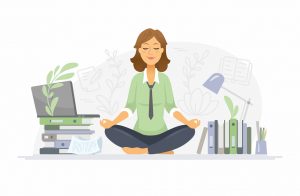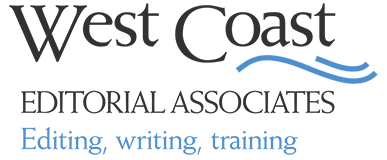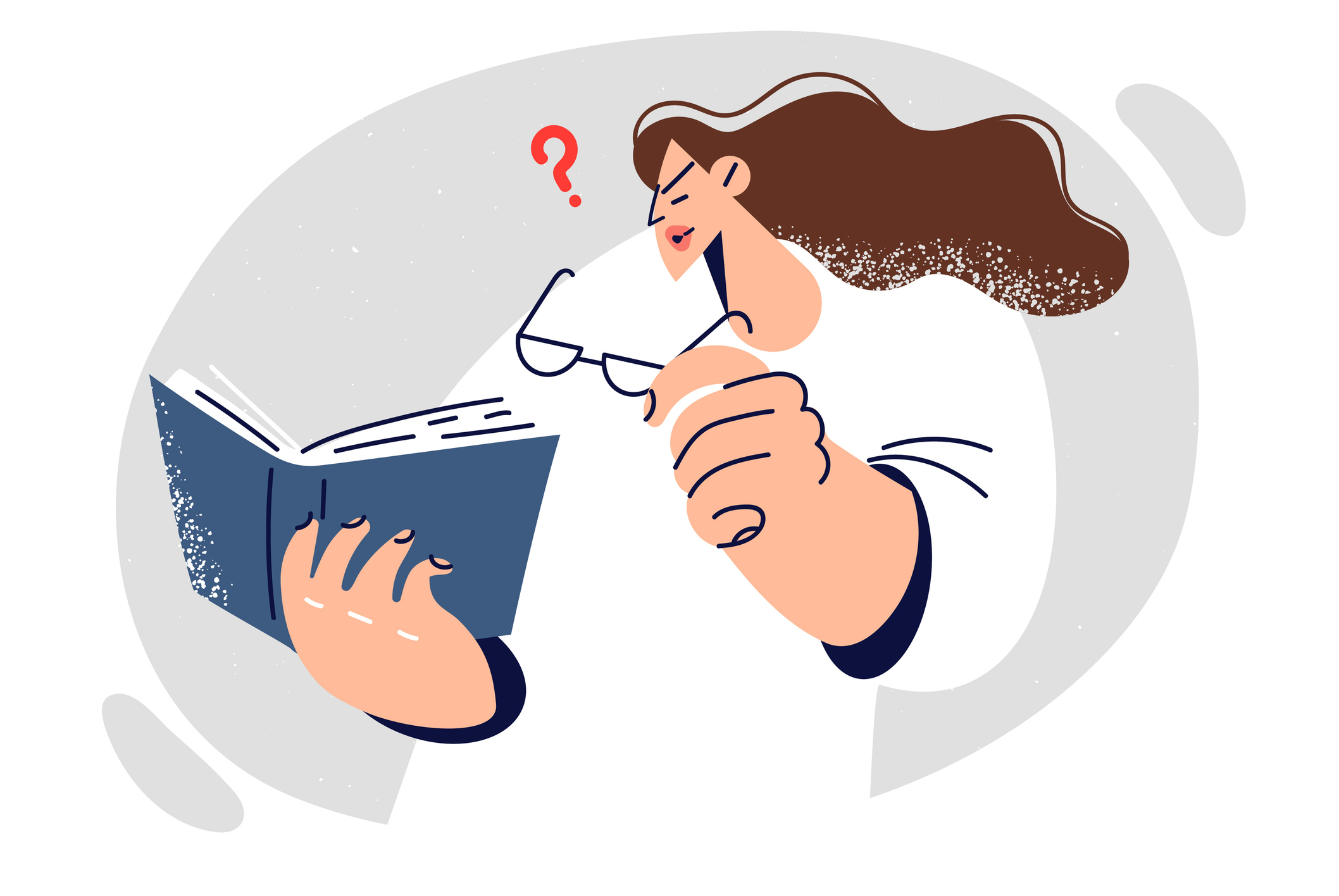There are many editing and plain language conferences planned this year.
Making time for mental health

Over the past few months, I have had a great opportunity to work with a client to develop a mental health training program for post-secondary faculty, staff, and students in British Columbia. It has been exciting to be a part of the writing team to develop this new program that I hope will benefit students. The resource will come out at a time when mental health is top of mind for all of us as we approach the distressing anniversary of the pandemic.
The statistics on mental health for post-secondary students are alarming. The National College Health Assessment collects data related to health and health behaviours of post-secondary students across the U.S. and Canada. In 2019, a study of Canadian students found that over the prior year 69% of students had felt overwhelming anxiety at least one time, 51% had felt so depressed they found it difficult to function, and 16% had seriously considered suicide. There is much work to be done to better support students, but I find it hopeful that post-secondary institutions, governments, and mental health organizations are taking the mental health of students very seriously and developing supports and training for staff and faculty to better support them.
This project has made me think more about the importance of mental health for all of us, and for freelancers and self-employed people in particular, who may not have the support that office life can offer. Working as a freelance editor has many perks: the flexibility and the chance to work on a variety of projects, learn new things, and contribute to interesting projects. But there are downsides as well. The unpredictable work flow, the uncertain income, the stress of deadlines, and the occasional feelings of isolation and loneliness are all well-known challenges for anyone who is self-employed. These factors can take their toll on our mental health, and they shouldn’t be ignored.
We all talk about work-life balance, but how do we achieve that, especially in these COVID days when so much is out of our control? Recently, I’ve been learning from the perspectives of Indigenous colleagues, who have helped me visualize mental health in a slightly different and more holistic way. They talk about mental health as a wheel that depends on a number of dimensions being in balance: physical, emotional, career, social, creative, spiritual, environmental, financial, and intellectual aspects of our lives. When one aspect is out of balance, we can remind ourselves that other areas are strong as we work to restore balance. All dimensions are interconnected and thinking about wellness is an ongoing reflective practice.
You may find the image of a balanced wheel helpful in your own efforts to manage your mental health. Here are some other tips for anyone who is self-employed:
- Make time for physical fitness. When I get really busy and stressed, one of the first things to go is making time to exercise, but this is a mistake. Research shows that exercise is a great way to help our mental health. A daily walk on the trails near my home is essential to my mental well-being.
- Create a structure and routine to working life. Having a division between work and non-work is important, whether it’s a before-work ritual (like going for a walk) or an after-work ritual of shutting off your computer at the end of the working day, tidying up your desk, or making a to-do list for the next day. These things help separate work from downtime.
- Take breaks throughout the day, even if it’s just to get a cup of tea or do some stretching. Spend some time outside if you can (spring is coming!).
- Connect with fellow freelancers to help reduce the isolation. Zoom get-togethers are one way to stay in touch. Many of my colleagues use Twitter and Facebook groups to stay in touch professionally.
- Try mindfulness. There is a lot of evidence that shows that meditation or yoga have significant mental and physical benefits. Headspace and Calm are two of the better-known apps, but there are many more to choose from.
- Connect with others outside of your professional circle. Nurture relationships with family, friends, and other people who have nothing to do with your working life. Develop interests and skills that you don’t use in your job. This can help reinforce the difference between your personal life and your working life.
- Make time for personal and professional development. One of the few silver linings of the pandemic is that it has opened up professional development opportunities. We can now take workshops from experts around the world or attend conferences that we could not otherwise afford to attend. And, of course, we can all look forward to the day when we can connect face-to-face with colleagues and friends once again.
Comments (2)
Comments are closed.




Great advice, Barbara, thank you! Walks are essential to my mental health too. It’s so encouraging to hear about the program you’re working on. I hope other provinces are doing the same!
Thanks, Dawn. I also hope other provinces are developing similar resources. I know a number of the larger universities like Queen’s have very good mental health resources for students, but I suspect there still is a lot to be done.